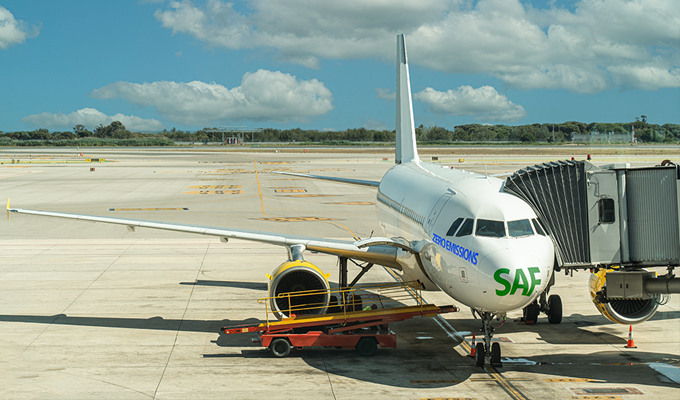Sustainable Aviaton Fuel Roadmap for India

Fossil fuel-sourced Aviation Turbine Fuel (ATF) has significant environmental impacts along its well-to-wheel chain. In 2021 aviation accounted for over 2% of global energy-related CO2 emissions, having grown faster in recent decades than road, rail or shipping. The estimated consumption of ATF for international operations by Indian operators is expected to reach around 2.2 million tonnes by 2030, while that for domestic operations, it will reach 10.1 million tonnes during the same period. In 2016, the International Civil Aviation Organization (ICAO) adopted the Carbon Offsetting and Reduction Scheme for International Aviation (CORSIA) to address CO2 emissions from international aviation. Considering this, CORSIA implementation will be compulsory in India from 2027, and the role of SAF is critical towards India’s overall quest for achieving net zero emissions by 2070.
Within the same praxis, a study was undertaken by the TERI on the needs of India to transform business and leverage market opportunities through transition to sustainable aviation fuel (SAF) fuel as an imperatives for one of the leading Indian industrial groups. The study is focused on understanding the techno-commercial aspects of sustainable aviation fuel (SAF)of various SAF production technologies encompassing various factors such as yields, specific energy use, carbon emissions, waste/byproduct generation, and the potential for using multiple feedstocks along with comprehensive analysis of government of India policies/plan on decarbonization of aviation sector through Sustainable Aviation Fuel (SAF), both for domestic and international travel and lastly recommendations and way forwards for the same.

